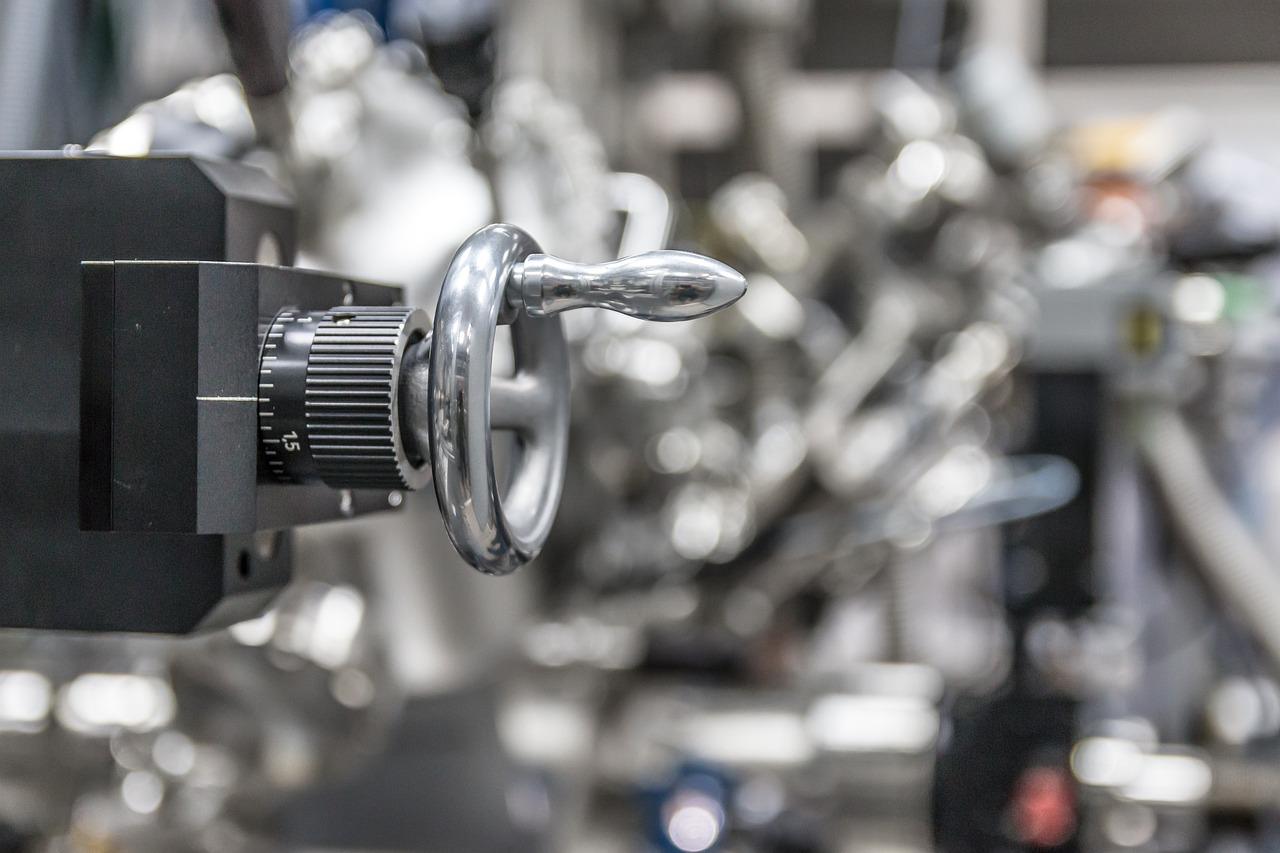Helsinki, 10 October 2023
Gasgrid Finland informed the authorities on Sunday that a leak causing disruption in gas transmission had been detected in the Balticconnector gas pipeline between Finland and Estonia in the early hours of 10 October. The breach is located in Finland’s economic zone. Led by Finnish National Bureau of Investigation, the authorities in Finland have launched an investigation into the matter. In terms of security of supply, the situation remains stable. Due to changes in the security environment, special attention has been paid to protecting critical infrastructure.
The location of the leak in the Balticconnector gas pipeline between Finland and Estonia was identified in Finland’s exclusive economic zone on 10 October 2023. Based on information from the Finnish Border Guard, Gasgrid Finland has given its expert assessment according to which the damage was not caused by the normal gas transmission process. The breach is located in Finland’s economic zone. Finland’s National Bureau of Investigation is in charge of investigating the incident, supported by the Border Guard and other authorities. The Finnish authorities have been in close contact with Finland’s allies and partners.
The Balticconnector gas pipeline was shut down at midnight on 8 October when gas transmission companies Gasgrid in Finland and Elering in Estonia detected a breach. Gasgrid estimates that it will take months to repair the gas pipeline.
Finland’s gas supply system remains stable, with supply secured by the floating LNG terminal in Ingå. The terminal has the capacity and capability to supply the gas Finland needs through the coming winter. The available capacity on the market is more than sufficient to meet the anticipated needs.
A disruption in the supply of pipeline gas will not cause immediate problems to the security of energy supply. The outage may slightly increase the price of gas, but it is not expected to have much effect on the price of electricity in Finland. The power cables between Finland and Estonia (Estlink 1 and 2) are operating normally.
Given the circumstances, companies selling and buying gas should order their supplies via the Ingå LNG terminal, and ensure that they are prepared to meet the higher demand during the winter season and to secure the continuity of gas supply.
Security of supply remains stable
As the authority responsible for the security of natural gas supply, the National Emergency Supply Agency closely monitors the gas market with the Ministry of Economic Affairs and Employment and other authorities and is ready to take action if necessary. According to the Agency, the situation is stable in terms of security of supply and all services are operating normally.
Due to changes in the security environment, special attention has been paid to protecting critical infrastructure. The authorities have stepped up their mutual cooperation and exchange of information. Operators critical to security of supply are regularly provided information on the current situation so they can adjust their preparedness and security level accordingly.
The Ministry of Economic Affairs and Employment is monitoring the situation as the ministry responsible for developing Finland’s energy market and ensuring the security of energy supply.
Fault detected in telecommunications cable between Finland and Estonia
On Sunday, the Finnish authorities were also informed of a fault detected in the telecommunications cable between Finland and Estonia. Damage to the cable does not affect Finland’s critical telecommunications connections and they operate normally. Critical connections have been secured through several different arrangements, and Finland has security of supply measures in place to deal with any damage to underwater infrastructure.
Depending on the exact location of the fault, the investigation will be led by the Finnish or Estonian authorities who will be working closely together. It is very likely that the fault is located in Estonia’s exclusive economic zone. The Estonian Navy, which is currently in charge of investigating the incident, has not yet been able to confirm the matter.
In Finland, the telecommunications operators that own the subsea cables are obliged by law to monitor the functioning of their networks and services at all times. Telecommunications operators also report their observations to the Finnish Transport and Communications Agency, Traficom.
Traficom and telecommunications operators have worked together over a long period of time to ensure both the functioning of communications connections and their preparedness. Traficom received information from Elisa, the company that owns the submarine cable, on damage to the cable on Sunday 8 October.
Source – Finnish Government

